Competitor mudslinging at re:Invent shows AWS is sweating
Jokes at the expense of competitors at AWS re:Invent may deliver laughs, but not market gains

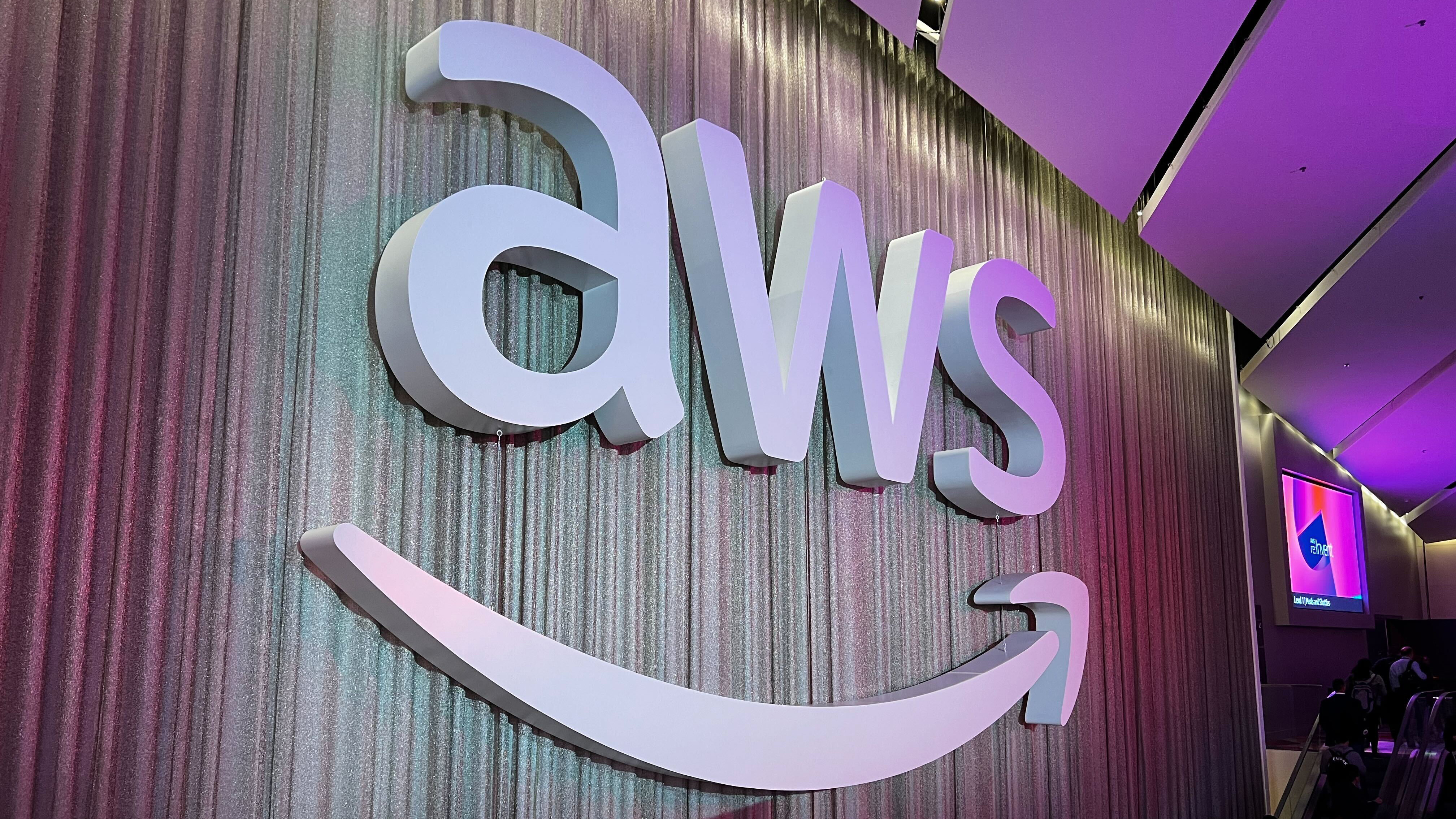
Sign up today and you will receive a free copy of our Future Focus 2025 report - the leading guidance on AI, cybersecurity and other IT challenges as per 700+ senior executives
You are now subscribed
Your newsletter sign-up was successful
AWS re:Invent 2023 offered an opportunity for the cloud giant to showcase its ambitious plans to combat industry competitors such as Microsoft in the age of generative AI. Instead, it chose to poke fun at them.
CEO Adam Selipsky fired a cheeky broadside at Microsoft during his opening day keynote address, suggesting that flexibility, security, and stability were front of mind for AWS amidst a period of sharp focus on generative AI development. That same focus, he implied, might not be applicable at Microsoft.
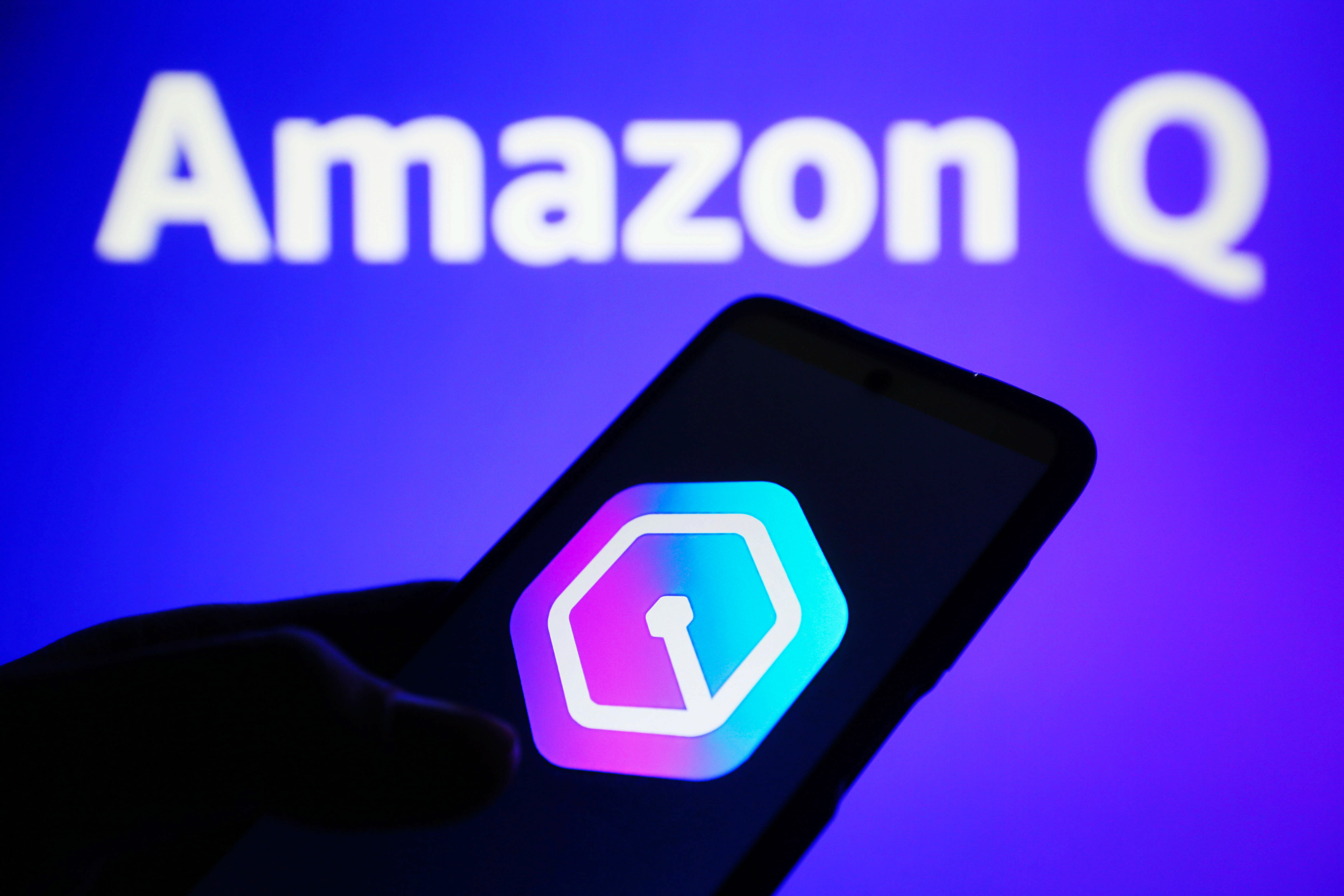
Referring to Amazon Bedrock, the firm’s foundation model framework around which the company is pinning much of its hopes, Selipsky suggested that a monolithic approach to AI innovation appears flawed.
“You don’t want a cloud provider who’s beholden to one model provider,” he claimed. “The events of the last 10 days have made that very clear.”
Amazon bedrock offers customers access to a range of both in-house and third-party models, including those from Meta, Anthropic, and Cohere. So far, the approach has proven lucrative for AWS and enabled the firm to differentiate itself from competitors. Selipsky also took a shot at Microsoft’s chip ambitions off the back of news that AWS plans to expand its relationship with Nvidia to develop a new Trainium chip.
“A lot of other cloud providers are still just talking about their own AI chips,” he said.
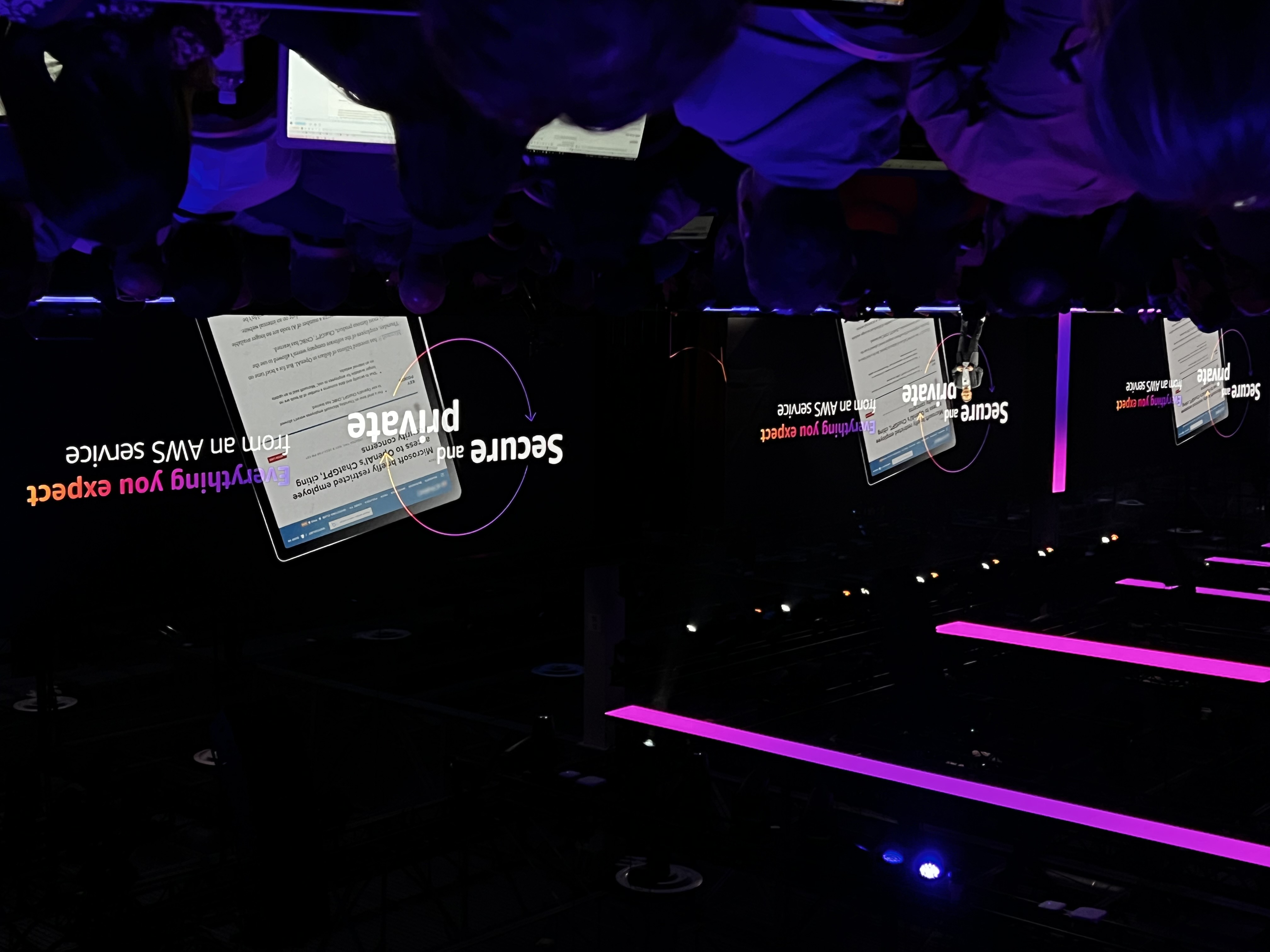
But while the digs at Microsoft made for a few laughs in the keynote theater, it perhaps points toward a degree of insecurity at AWS on the generative AI front, an area in which the cloud giant has been relatively late to the party.
Sign up today and you will receive a free copy of our Future Focus 2025 report - the leading guidance on AI, cybersecurity and other IT challenges as per 700+ senior executives
The sheer volume of new service and product announcements across the three-day conference does point toward a robust roadmap for AWS over the next 12 months, that much is clear. And generative AI, with the transformative potential it offers, naturally holds pride of place in the center of it all and is underpinned by Amazon Bedrock.
RELATED RESOURCE

Get an informed view of the Cloud AI Developer Services competitors, as well as the suitability of their products and services.
Sometimes, however, less is more. For journalists like yours truly reporting live from the three keynote sessions, the incessant and seemingly never-ending cacophony of announcements created the perfect conditions for both carpal tunnel syndrome and a sense of mild confusion over what exactly AWS is directing its focus toward.
Selipsky outlined how the company plans to support generative AI development across all levels of its product portfolio, from the basic infrastructure upward, but perhaps unsurprisingly, it’s decided to jump on the AI assistant bandwagon, following suit from Microsoft and Google’s lead in this regard.
Amazon Q, the firm’s newly announced AI assistant, offers a glimpse into how AWS plans to contend with industry counterparts. Make no mistake, Amazon Q does make for a compelling argument that customers will be in safe hands with AWS, with the powerful chatbot integrated across virtually every facet of the firm’s core product offerings.
“Vertical integration” of Amazon Q, as IDC analyst Neil Ward-Dutton put it, represents a key differentiator for AWS in this regard. But nonetheless, AWS is still late to the game, and Microsoft has been warming up for months.
Catching Microsoft’s lead
Microsoft struck an early lead in the generative AI race in November 2022 through its close relationship with OpenAI, the – admittedly somewhat beleaguered of late – tech darling behind ChatGPT.
The tech giant has poured billions into OpenAI, enabling it to rapidly integrate generative AI tools throughout its core product offerings. The firm’s ‘Copilot’ tool has proven highly popular among customers to date, who now have access to a Copilot tool for Microsoft 365, Windows 11, and Windows 10.
RELATED RESOURCE
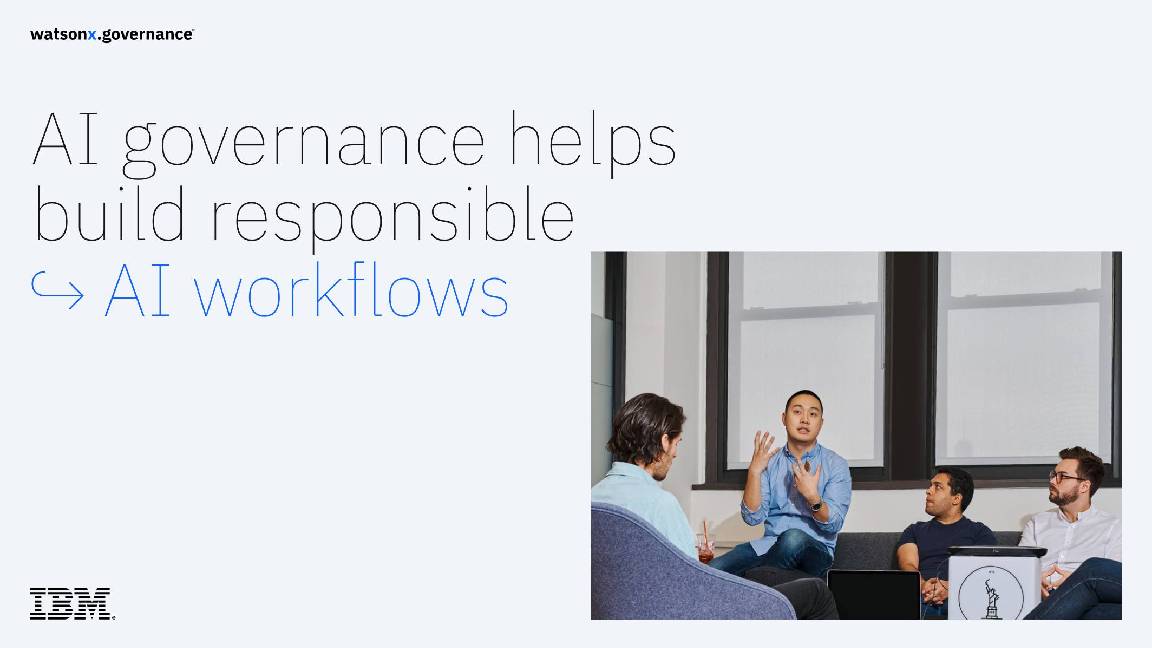
This free asset outlines the key building blocks and introduces IBM’s new toolkit for AI governance, so you can have greater trust in your AI.
Its Security Copilot has also proven a hit thus far. Similarly, the Azure OpenAI service, which allows cloud customers to leverage the power of GPT-4 to streamline development processes and reduce developer burden, has been a resounding success.
The degree to which Microsoft has integrated OpenAI-based tools shows it’s beginning to mature in its own generative AI journey, and this is already paying dividends. In October, earnings calls at Microsoft demonstrated how lucrative generative AI has become for the firm. Revenue in its Intelligent Cloud unit surged by 19% across the previous quarter.
Research and development spending across the quarter also dipped, highlighting the fact that OpenAI may be doing much of the heavy lifting in this area while Microsoft reaps the rewards.
For AWS, this poses a problem. Microsoft is the second largest cloud service provider globally, and if AWS isn’t careful, it could soon be breathing up its neck. For years, AWS has held its position as the dominant provider in the global cloud computing space, with Q3 statistics showing it held a market share of roughly 32%.
This has remained relatively stable in recent years, fluctuating slightly between 34% and 32%. But revenue growth across Q3 2023 stood at 12%, marking a stark contrast to the highs experienced during the highs of the pandemic.
Compare this to Microsoft, and it’s obvious that some gains are being made by the Redmond tech giant. Q3 saw Microsoft expand its market share to 23%, marking a 2% increase over the same period in 2022 and highlighting that the firm has continually been gaining market share from 2017 onward.
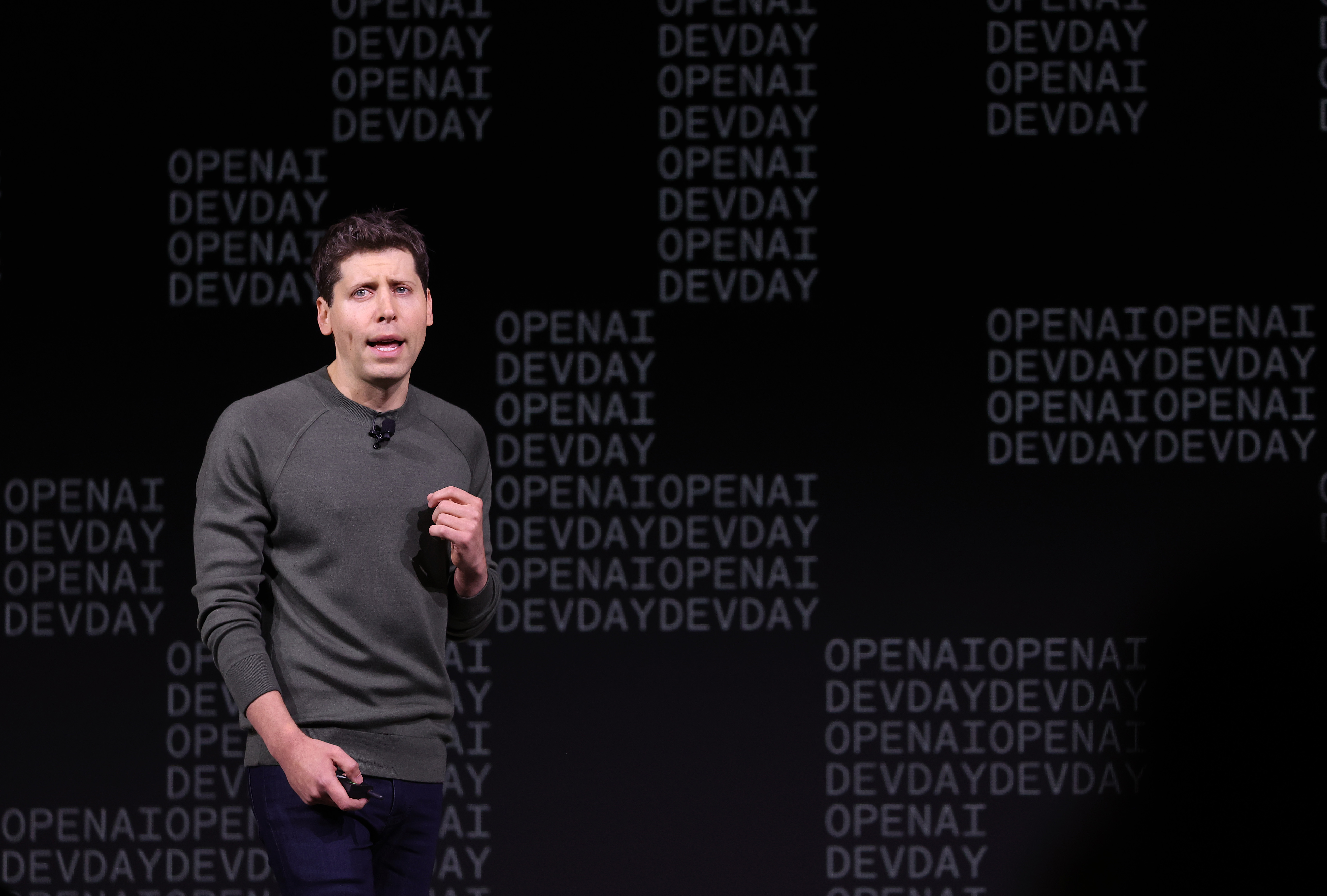
Data from Statista shows Microsoft has grown from just a 13.7% market share in Q4 2017 to its current level. Microsoft revenue stats for Q3 2023 are equally impressive, with the Intelligent Cloud group generating $24.3 billion in sales - a growth rate of 19% year-on-year. Operating income across the period also far exceeded AWS and Google Cloud, with the firm recording $11.7 billion.
A battle between hyperscalers
Microsoft may not catch AWS any time soon, but there are signs the firm is slowly chipping away as it targets a future run-in with its long-time competitor. This perhaps explains why AWS is so eager to capitalize on recent disruption and poke fun at its little brother in the cloud computing space. But little brothers don’t stay ‘little’ for long.
There’s no denying that last month’s OpenAI fiasco was an embarrassing - and outright confusing - debacle that Microsoft will be keen to see the back of. However, there are no signs of a pending customer exodus as a result of this and, if anything, it emerged from the affair better off.
Oracle was long the butt of the joke at AWS conferences, and Amazon CTO Dr Werner Vogels seized the opportunity to once again jest at the firm’s expense during his keynote on day three at re:Invent.
But where Oracle couldn’t compete, Microsoft certainly appears ready. AWS may realize it needs to face up to a pending battle in the coming years.

Ross Kelly is ITPro's News & Analysis Editor, responsible for leading the brand's news output and in-depth reporting on the latest stories from across the business technology landscape. Ross was previously a Staff Writer, during which time he developed a keen interest in cyber security, business leadership, and emerging technologies.
He graduated from Edinburgh Napier University in 2016 with a BA (Hons) in Journalism, and joined ITPro in 2022 after four years working in technology conference research.
For news pitches, you can contact Ross at ross.kelly@futurenet.com, or on Twitter and LinkedIn.
-
 How the rise of the AI ‘agent boss’ is reshaping accountability in IT
How the rise of the AI ‘agent boss’ is reshaping accountability in ITIn-depth As IT companies deploy more autonomous AI tools and agents, the task of managing them is becoming more concentrated and throwing role responsibilities into doubt
-
 Hackers are pouncing on enterprise weak spots as AI expands attack surfaces
Hackers are pouncing on enterprise weak spots as AI expands attack surfacesNews Potent new malware strains, faster attack times, and the rise of shadow AI are causing havoc
-
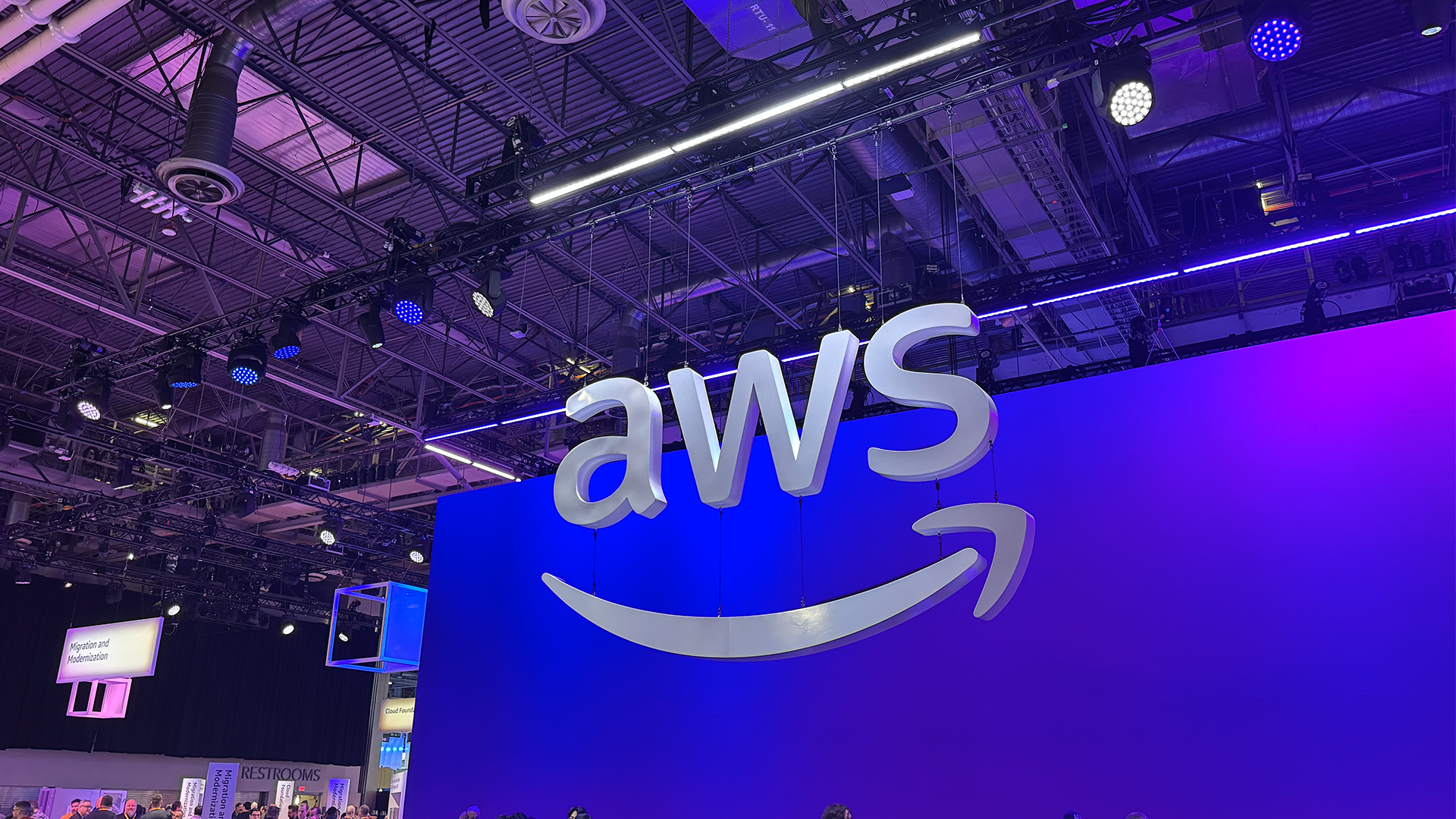 What the new AWS European Sovereign Cloud means for enterprises
What the new AWS European Sovereign Cloud means for enterprisesNews AWS has announced the general availability of its European Sovereign Cloud. Here's what the launch means for enterprises operating in the region.
-
 AWS just quietly increased EC2 Capacity Block prices – here's what you need to know
AWS just quietly increased EC2 Capacity Block prices – here's what you need to knowNews The AWS price increases mean booking GPU capacity in advance just got more expensive
-
 Cloud infrastructure spending hit $102.6 billion in Q3 2025 – and AWS marked its strongest performance in three years
Cloud infrastructure spending hit $102.6 billion in Q3 2025 – and AWS marked its strongest performance in three yearsNews Hyperscalers are increasingly offering platform-level capabilities that support multi-model deployment and the reliable operation of AI agents
-
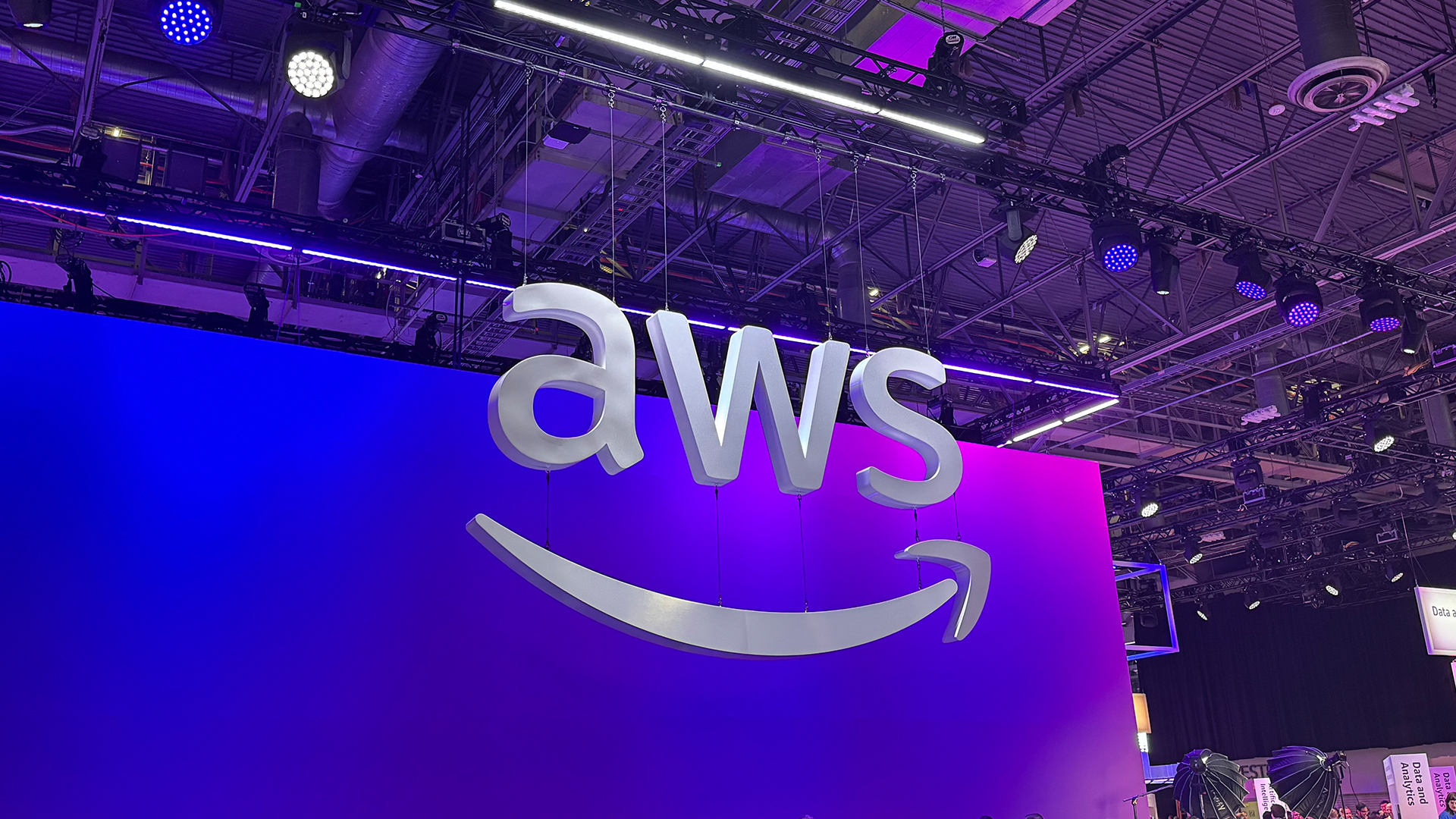 AWS re:Invent 2025 live: All the news and announcements from day two in Las Vegas
AWS re:Invent 2025 live: All the news and announcements from day two in Las VegasLive Blog Keep tabs on all the latest announcements from day-two at AWS re:Invent 2025 in Las Vegas
-
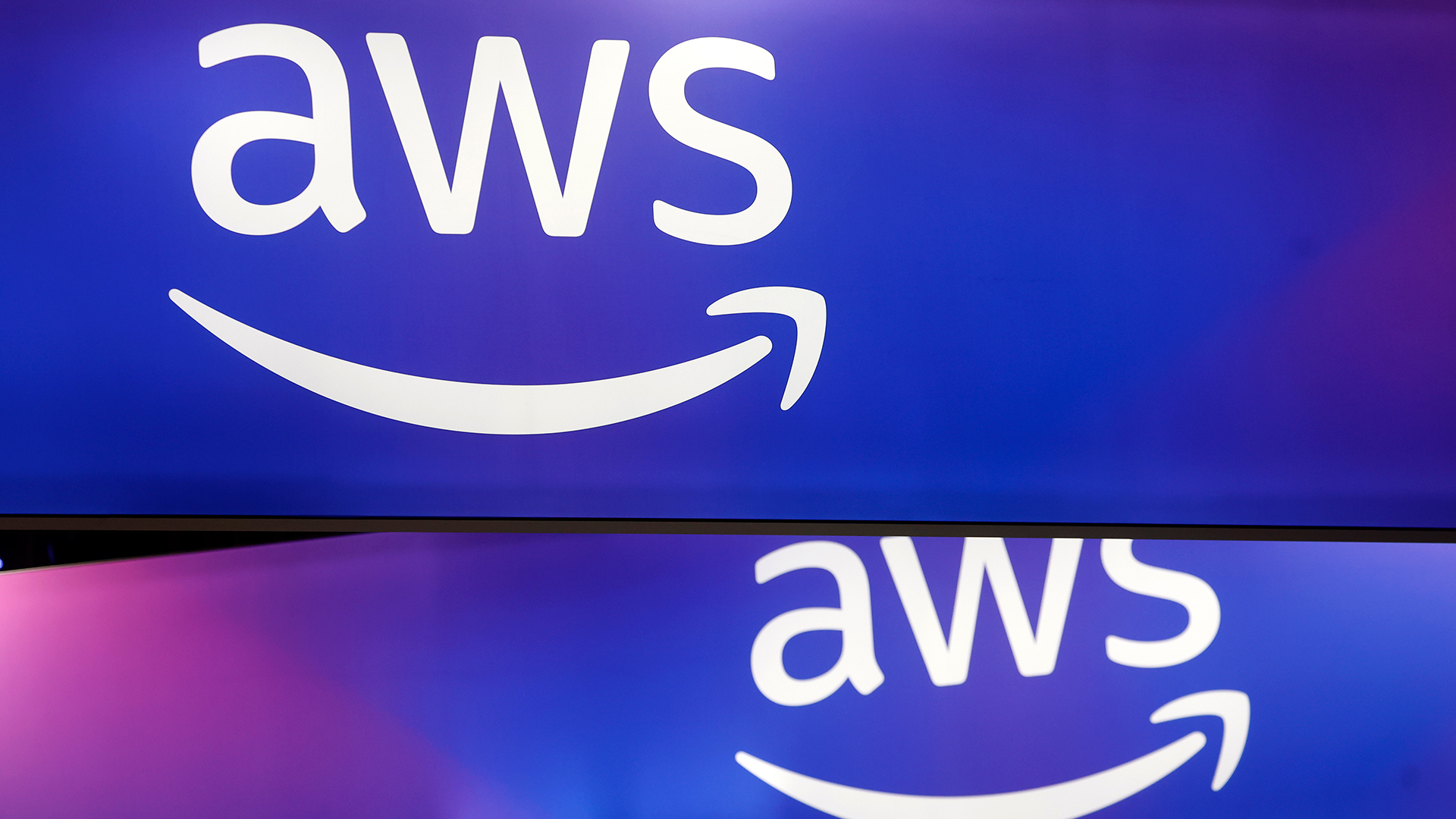 AWS has a chance to show its mettle at re:Invent 2025
AWS has a chance to show its mettle at re:Invent 2025Analysis The hyperscaler will be betting big on its AI stack and infrastructure credentials
-
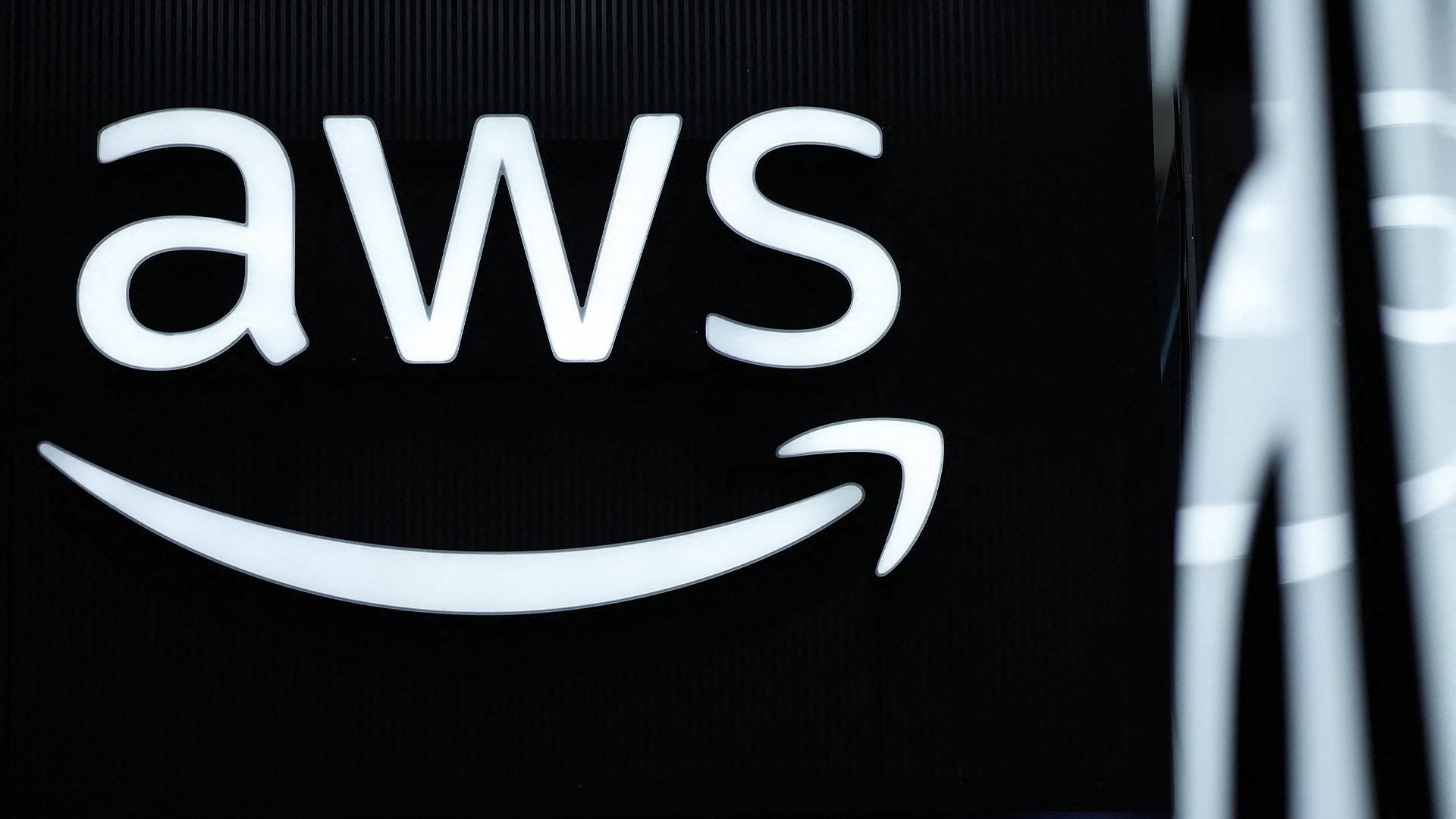 AWS pledges $50 billion to expand AI and HPC infrastructure for US government clients
AWS pledges $50 billion to expand AI and HPC infrastructure for US government clientsNews The company said an extra 1.3 gigawatts of compute capacity will help government agencies advance America’s AI leadership
-
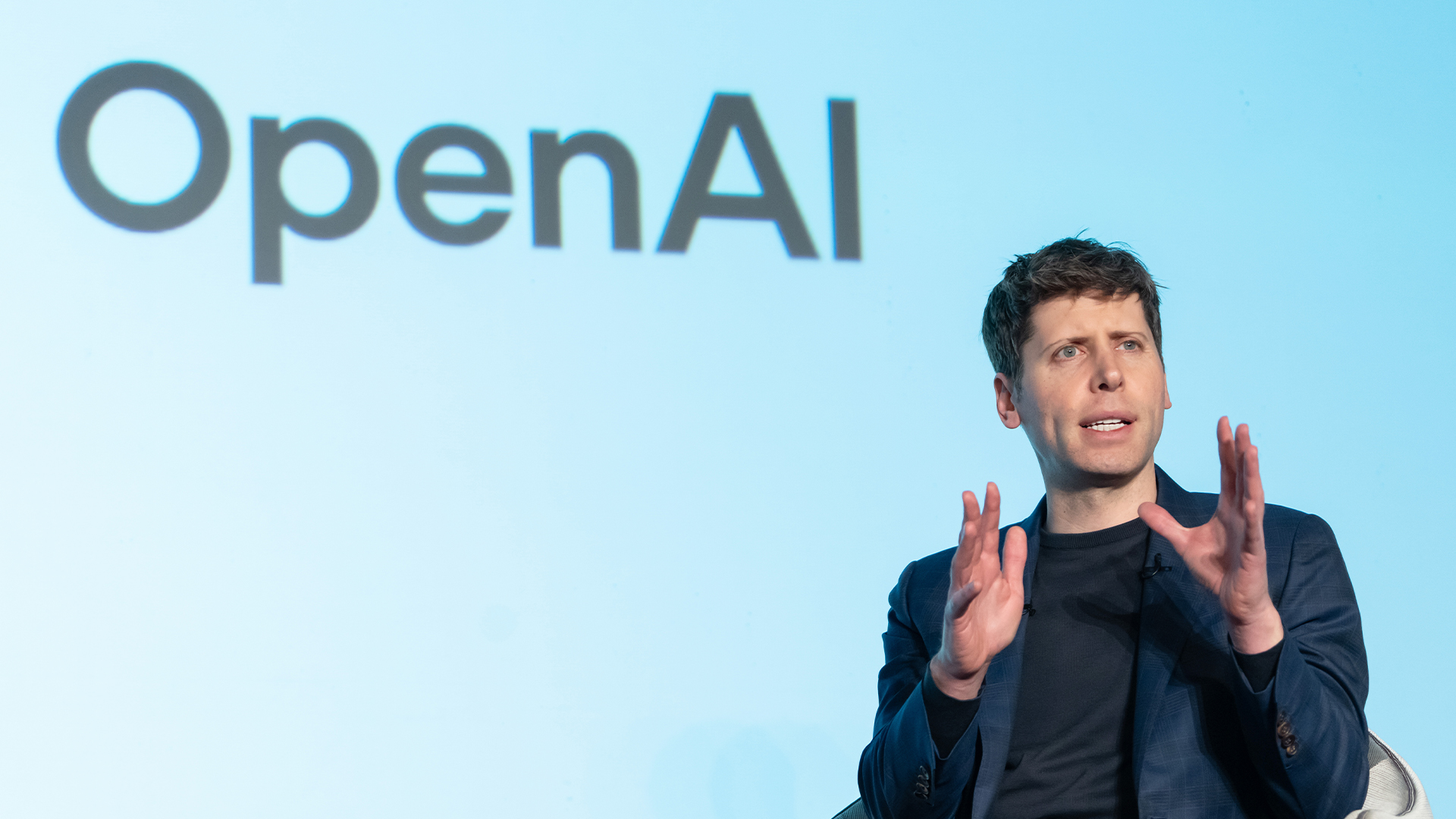 OpenAI just signed a bumper $38bn cloud contract with AWS – is it finally preparing to cast aside Microsoft?
OpenAI just signed a bumper $38bn cloud contract with AWS – is it finally preparing to cast aside Microsoft?News The move by OpenAI doesn’t signal an end to its long-running ties with Microsoft
-
 Google Cloud introduces ‘no-cost’ data transfers for UK, EU businesses
Google Cloud introduces ‘no-cost’ data transfers for UK, EU businessesNews Google Cloud's new Data Transfer Essentials service will allow enterprises to transfer data to alternative providers at no extra cost.